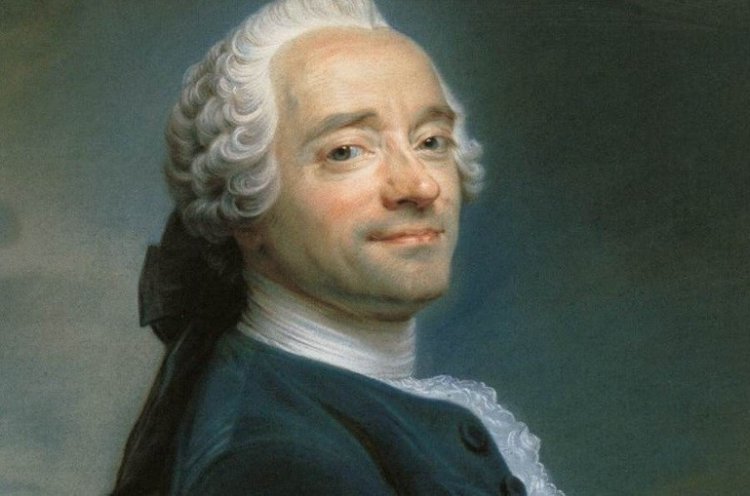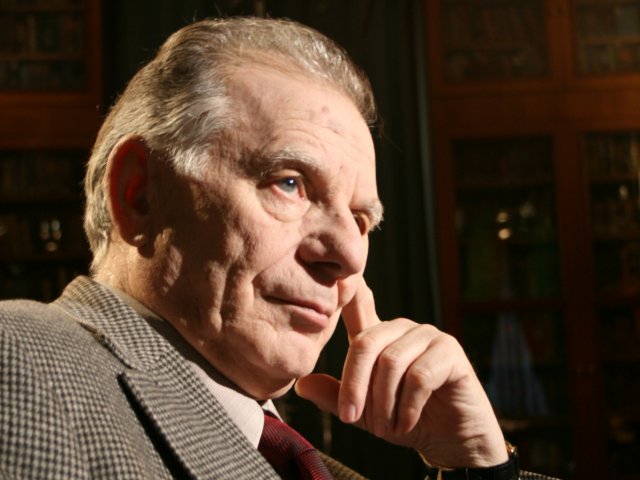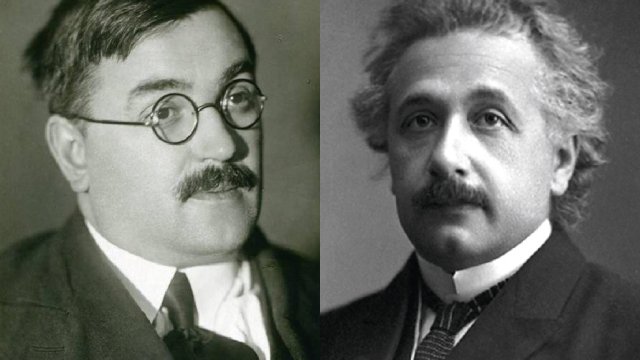Official:
Jean Le Rond D’Alembert. November 16, 1717 – October 29, 1783. French encyclopedist, philosopher, mathematician and mechanic, member of Paris Academy of Sciences, French, Saint Petersburg and many other Academies, one of the authors of the famous Encyclopedia.
Life and Work:
1. Nowadays it is confirmed that his mother was marquise Claudine Guerin de Tencin, a writer, and his father was Louis-Camus Destouches, an artillery officer and later a general.
2. The mother put the baby into a wooden box and left him on the steps of the Saint-Jean-le-Rond de Paris church. The boy was picked up and christened as Jean-Le-Rond in honor of the patron saint.
3. The boy was given to the foster family of glazier by name Rousseau. When his father returned from abroad, he found the boy and provided the foster family with the money, even though he did not dare to officially acknowledge the child as his son.
4. Jean-Le-Rond invented his pompous last name himself when he grew up.
5. Jean d’Alembert was so attached to the foster family that he stayed with them almost till the age of 50. The foster parents provided for his education, though his natural father helped finance it. The natural mother never remembered about her child.
6. To the disappointment of his foster parents, the young man did not choose a career as a physician or as a lawyer, but remained a philosopher, which in their world meant a mad man who tortured himself all his life so that he would be remembered after his death.
7. D’Alembert’s contribution to science is immense. Mathematicians are familiar with D’Alembert’s principle and operator. Meteorologists, physics and music theory specialists also have their reasons to be grateful to D’Alembert.
8. Even those absolutely ignorant in sciences know the name of the French philosopher D’Alembert who together with Denis Diderot compiled and edited the famous “Encyclopedia.”
9. He lived on 100 livres a month until Friedrich II provided him with the personal pension, however, he refused to take a lavish fee and the position of the Berlin Academy president.
10. He also refused the fee of 100,000 livres a month Catherine II offered him for the position of her heir’s educator. In his refusal he diplomatically used the pretext of “suffering from hemorrhoids, which may become lethal in Russia.’ The allusion was understood as following the official version Peter III died of hemorrhoidal gripes. Had D’Alembert accepted the invitation, the Russian history may have taken a totally different course!
11. What were the views of D’Alembert as a philosopher? He claimed that the feelings depend on the influence of the spirit that constitutes the very essence of the human being.
12. D’Alembert attributed the human consciousness to the presence of a special substance in people. He believed there existed constant moral principles that do not depend on the social environment. These views were not appreciated by the church establishment and “a known unbeliever” D’Alembert was refused to be given a place in the cemetery.
13. There is a crater on the far side of the Moon and mountains on the visible side of the Moon named after D’Alembert.






















